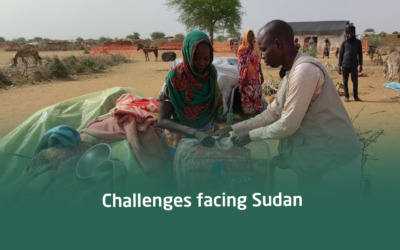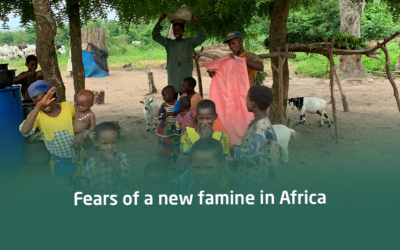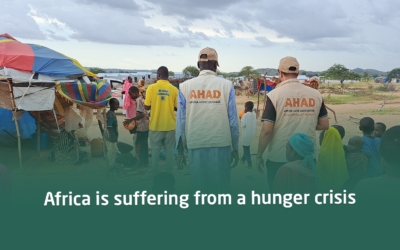The challenges of extreme poverty and fasting in Africa
Africa faces many challenges regarding extreme poverty and fasting. Extreme poverty affects people’s ability to fast, with many individuals experiencing food shortages and difficulty accessing healthy food during Ramadan. Under the influence of economic crises and high unemployment, it is difficult for individuals to continue fasting due to the low income available to them. It is important to promote awareness about these challenges and joint action to address them in order to achieve sustainable development in Africa.
The impact of extreme poverty on people’s ability to fast
The ability of people to fast in Africa is greatly affected by extreme poverty. Many individuals on the continent are experiencing food shortages and difficulty accessing healthy food during Ramadan. It is difficult for such individuals to continue fasting due to poor disposable income and high commodity prices. It is necessary to provide support and assistance to the poor to help them face the challenges of fasting and fulfill their desire to fast.
The challenges of accessing healthy food during Ramadan in Africa
Africa is facing major challenges regarding access to healthy food during Ramadan. Many individuals suffer from a lack of food and difficult access to foods rich in the necessary nutrients. These challenges increase during the Lenten period due to high commodity prices and low incomes of the poor. It is essential to provide insurance and support to individuals to ensure that they have access to healthy food during the month of Ramadan.
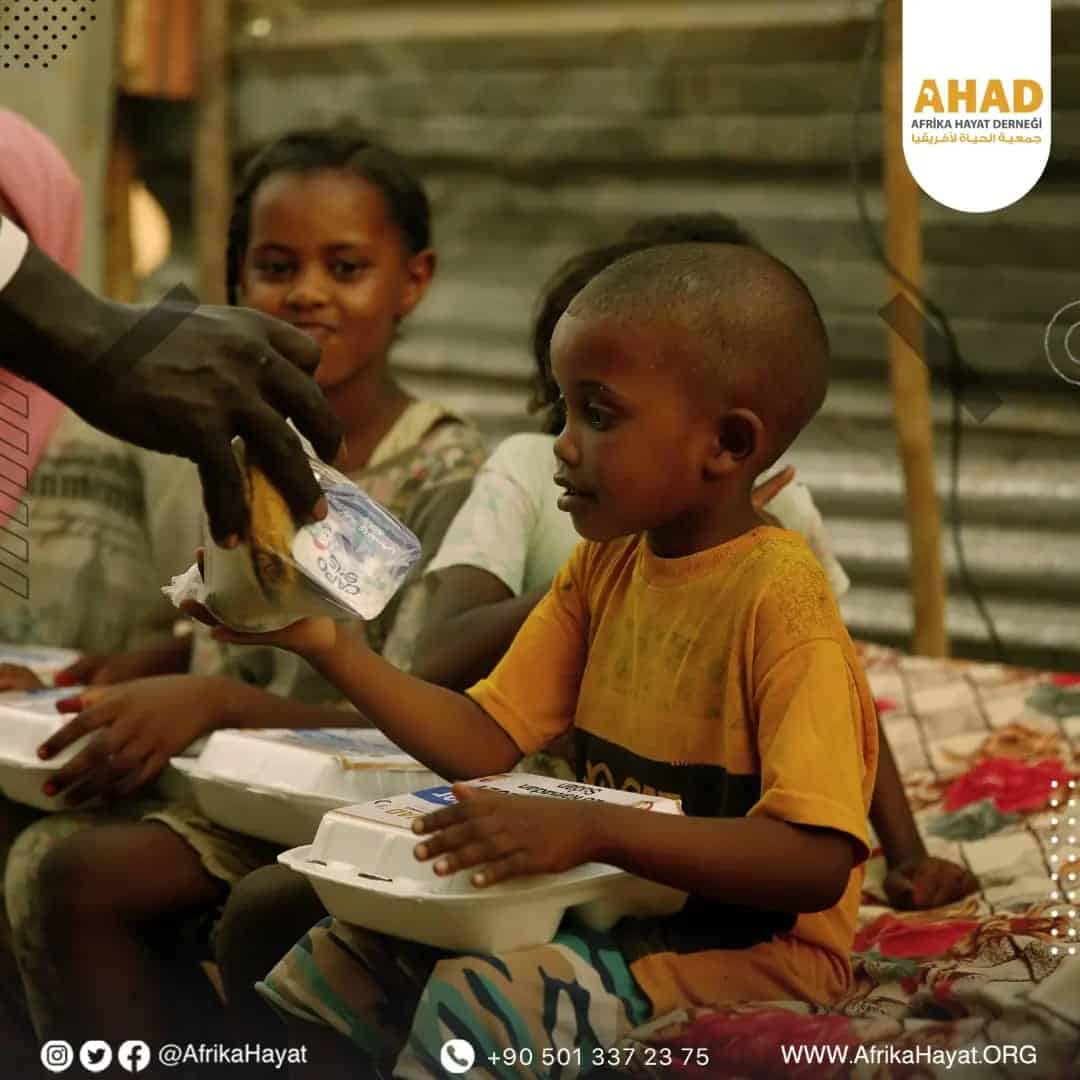
Food appetites and fasting in Africa
The Food Appetite and fasting experience in Africa is influenced by the environment and the different eating habits in each region. The favorite foods of fasting people vary depending on the local culture and traditions. The prevalence of hunger and undernutrition may affect food appetite and the ability of individuals to tolerate fasting for a long time. It is important to raise awareness of the importance of food hygiene during Ramadan and provide healthy and balanced foods to communities.
The influence of the environment and dietary habits on the experience of fasting
The experience of fasting in Africa is influenced by the environment and local dietary habits. It is common for fasting people’s favorite foods to vary according to the culture and traditions of each region. The availability and quality of certain foods may affect the ability of individuals to tolerate fasting throughout the day. Thus, it is important to promote awareness of the importance of healthy food and provide healthy and balanced choices for fasting people during the month of Ramadan.
Challenges of widespread hunger and proper nutrition during the fasting month
Some African countries are experiencing the challenges of widespread hunger and poor proper nutrition during the fasting month of Ramadan. It can be difficult for needy individuals to get balanced and nutritious diets during fasting, which negatively affects their health and their ability to withstand fasting throughout the day. Therefore, it is important to promote awareness of the importance of healthy food and contribute to providing the necessary food to the needy during the month of Ramadan.
The impact of economic conditions on fasting in Africa
The economic situation in Africa is facing great challenges during the month of Ramadan, as the economic pressure on individuals and their families doubles. High unemployment and low income may affect the ability of individuals to fast, as it becomes difficult for them to get the food necessary for fasting. Economic crises also affect the availability of food during the fasting period, increasing the challenges of fasting in Africa.
The challenges of unemployment and low income on the ability of individuals to fast
The economic situation in Africa is facing great challenges during the month of Ramadan, as the economic pressure on individuals and their families doubles. High unemployment and low income may affect the ability of individuals to fast, as it becomes difficult for them to get the food necessary for fasting. Economic crises also affect the availability of food during the fasting period, increasing the challenges of fasting in Africa.
The impact of economic crises on the availability of food during the fasting period
The economic crises in Africa are facing great challenges in providing food during the fasting period. Economic crises can lead to higher food prices and reduced availability, making it difficult for individuals to meet their food needs during Ramadan. Disadvantaged individuals may be particularly affected, increasing their need for support and assistance from the community and stakeholders to ensure the availability of food necessary for fasting.
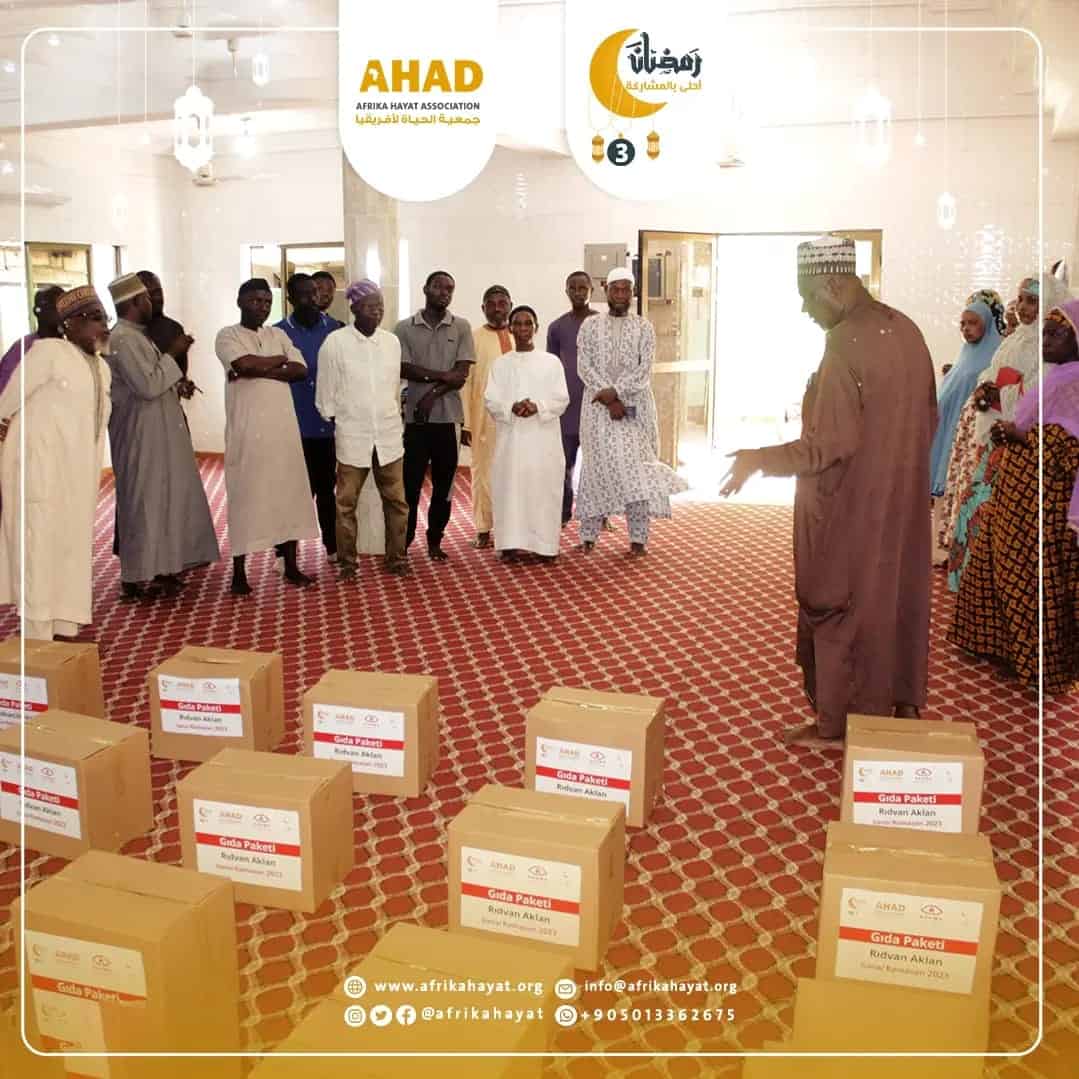
Health and fasting challenges in Africa
Africa faces health challenges during the fasting period. People with existing diseases such as diabetes and hypertension may be particularly affected, as they need well-organized fasting and nutrition. People can also be affected by nutritional deficiencies as a result of prolonged fasting, which can lead to a lack of energy, concentration and the body’s ability to fight diseases. Therefore, people should be made aware of the importance of eating balanced diets during Ramadan and taking care of their health.
The impact of existing diseases and nutritional deficiencies on people’s ability to fast
People with chronic diseases such as diabetes and high blood pressure face challenges during the fasting period. They may need well-organized fasting and nutrition to maintain their health. Undernourished people also face great challenges during fasting, as it can become difficult for them to get the necessary essential nutrients. Thus, people with special health conditions and nutritional deficiencies should pay attention to their needs and take care of their health during Ramadan.
The challenges of accessing the necessary health care during the fasting period
During the fasting period of Ramadan, many people in Africa have difficulty accessing the necessary health care. Many health facilities face pressures and negative impacts on their services during this period, which makes it more difficult to treat incurable health conditions. Governments and health organizations need to provide adequate resources and support to meet this important challenge.
Policies to promote healthy fasting in Africa
Governments in Africa are working to promote healthy fasting by developing awareness policies and programs. These policies include providing communities with the right nutritional information and guiding them to follow a balanced diet during the fasting period. Governments also provide support and funding to provide healthy food to needy and poor individuals in this period. These policies aim to ensure the health and well-being of communities during Ramadan.
The importance of having policies and programs that promote healthy fasting
Having policies and programs that promote healthy fasting is essential to ensure the health and well-being of communities during Ramadan in Africa. These policies provide the correct nutritional information and the necessary guidance for individuals to follow a balanced diet during fasting. These programs also support the provision of healthy food to individuals in need and promote the safety and quality of foods available in markets. The investment of governments in the development of these policies contributes to the promotion of health awareness and the achievement of Public Health in society.
Challenges of implementing relevant health policies on the African continent
The implementation of relevant health policies on the African continent faces many challenges. Among these challenges is the lack of funding and resources to effectively implement these policies. There are also difficulties in raising health awareness and providing the necessary information to individuals. In addition, some regions suffer from a lack of health infrastructure and weak administrative capacities, which makes it difficult to implement health policies systematically and effectively. Therefore, it is necessary to strengthen financing, provide technical support and training to the health sector on the African continent to improve the implementation of health policies.
You can visit the ahad Association website to find out more about the projects it offers
Related articles:
The importance and bounty of the month of Ramadan
Join us in our message by donating


